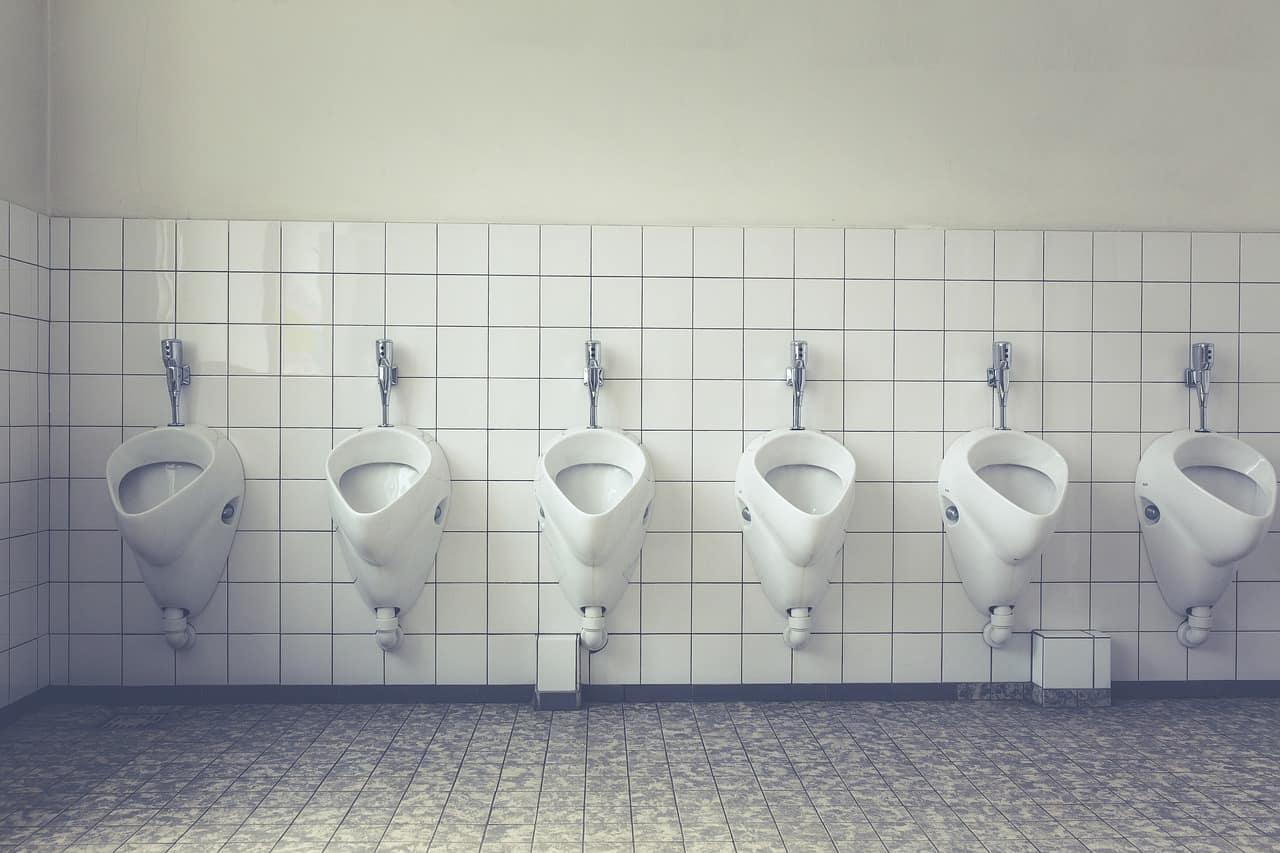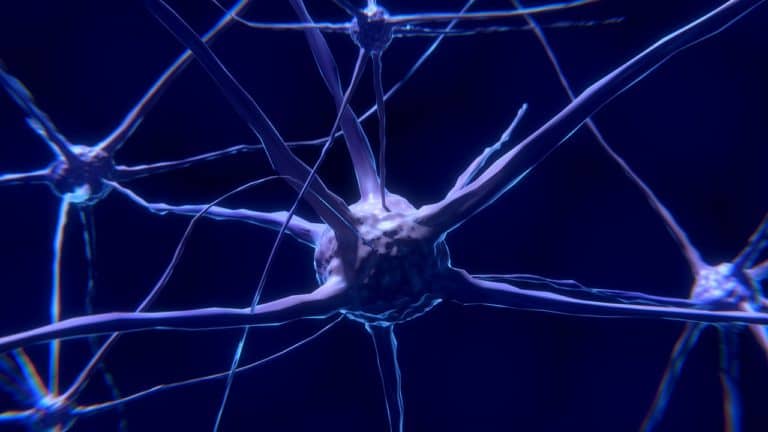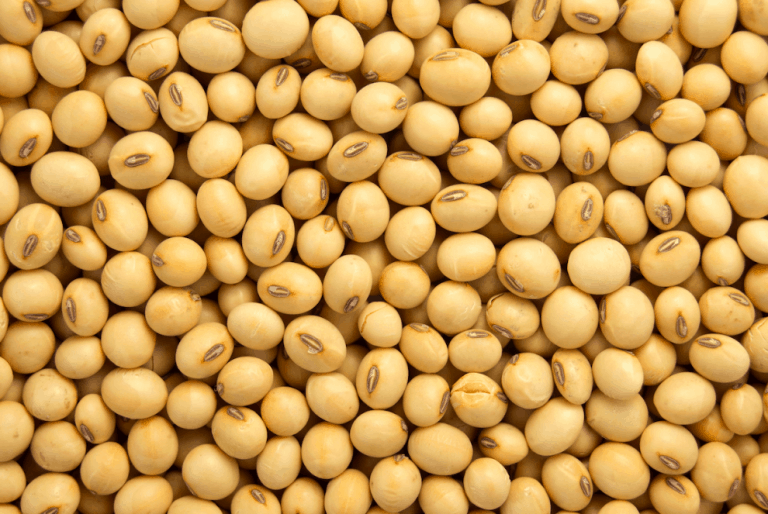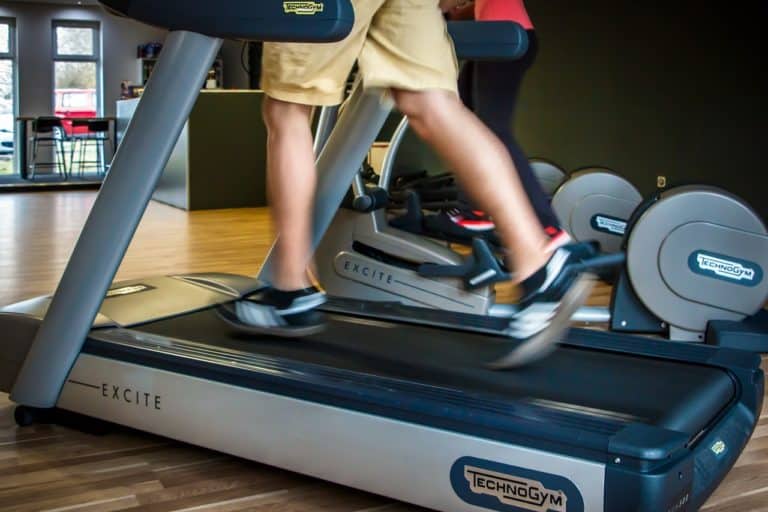If you find yourself running to the bathroom frequently, you may think it has to do with your prostate. After all, an enlarged prostate is one of the common reasons why men pee often. Frequent urination is definitely a condition you should check out with your physician, especially when it occurs at night and disturbs your sleep. However, there are several other reason why men urinate frequently, so you should consider these as well.
13 reasons why men pee often
- Urinary tract infection. A UTI is actually considered to be the most common cause of frequent urination. When nefarious bacteria creep into your bladder, urethra, or kidneys, they can cause a variety of symptoms, including the need to pee often. Some of the other symptoms may include foul-smelling urine, fever, nausea, chills, pain in the lower belly or side, or cloudy urine. Antibiotics are the usual course of action for a UTI.
- High water intake. We may think about our water and liquid intake, but what about our food? We get up to around 30 percent of our water consumption from foods. Therefore, if you are eating lots of foods that are high in water (e.g., lots of fruits and veggies such as lettuce, watermelon, tomatoes, strawberries, cantaloupe, pineapple, celery, and green peppers, you are likely contributing to excess urination. This is not a bad thing, as these are nutritious foods. However, you should be aware that these foods are high in water.
- Presence of diabetes. In both type 1 and type 2 diabetes, the kidneys attempt to filter out sugar, but it can be a difficult job. When sugar ends up in your urinary tract, it causes you to pee more. If you notice you are peeing more than usual and have not been diagnosed with diabetes, talk to your doctor.
- Diabetes insipidus. Unlike type 1 or type 2 diabetes, the presence of diabetes insipidus involves an inability to use or produce a sufficient of the hormone vasopressin, which lets your kidneys now when to release water into your bloodstream. This condition is not real common, yet it is worth exploring if you are urinating often and you feel weak, confused, very thirsty, and tired.
- Use of diuretics. If you are taking diuretics (aka, water pills), which are prescribed to treat high blood pressure as well as kidney and liver problems, you are likely peeing a lot. Although diuretics are important if you have high blood pressure, their use also may cause you to lose electrolytes (e.g., sodium, phosphate, potassium, magnesium, and chloride, and calcium. Before you stop or reduce your diuretic prescription, talk to your doctor.
- Painful bladder syndrome. Also known as interstitial cystitis, this condition is characterized by feeling like you have to go to the bathroom all the time. However, once you make the trip, you likely fine you have little to no urine to release. Sometimes this condition is also accompanied by pain in the lower abdomen that worsens with sex or urination. The causes are not known definitively.
- Kidney stones. The presence of kidney stones is associated with chills, fever, nausea, and pain that radiates to your groin. These symptoms are accompanied by feeling like you have to urinate but yet you don’t go much. Depending on the size and location of the stones, they may pass out of the body on their own or you may need surgery for their removal.
- Stroke and other conditions. In some cases, a stroke can damage the nerves that control the bladder, which then can result in feeling like you need to urinate yet you can’t or pee very little. Other conditions that can cause the same feelings are multiple sclerosis, brain diseases, and Parkinson’s.
- Consuming too much caffeine or alcohol. Both of these substances cause the body to rid itself of water and also interfere with the production of vasopressin, which lets your kidneys know to release water. One way you can help reduce the impact of these substances is to drink water along with your caffeinated and alcoholic beverages.
- Tumor. In some cases, men can develop a tumor (either benign or cancerous) that can cause them to pee more than usual. Men who see blood in their urine, who are in pain when they urinate, or who have a lump in their lower abdomen should talk to their healthcare provider as soon as possible, as these are signs of cancer.
- Prostate. We already mentioned how an enlarged prostate can cause urinary problems, such as urinary urgency, urinary frequency, or pain when urinating. A quick examination by a physician can let you know whether your prostate is enlarged, which then allows you to do your own research and determine whether any procedures or supplements should be contemplated.
- Constipation. If you have not emptied your bowel for several days, the accumulation of stool can push against your bladder and cause you to feel like you need to urinate often. Another problem with constipation is that it can weaken your pelvic floor muscles, which are involved in controlling your bowel and bladder muscles.
- Sleep apnea. One of the unexpected side effects of sleep apnea is that it interferes with the body’s ability to reach the sleep stage where it makes a hormone (ADH) that tells your body to hold onto water until you wake up. Therefore, this mix-up in signaling can result in your needing to urinate often during the night.
Do you recognize one or more reasons why you are urinating often? It may be time to have a talk with your healthcare provider if the problem persists.







